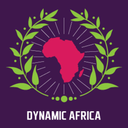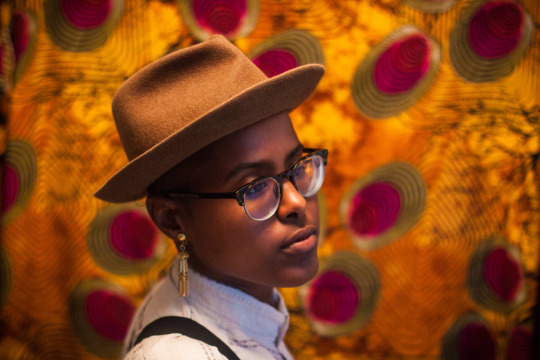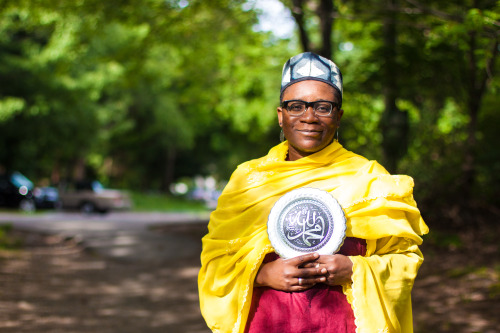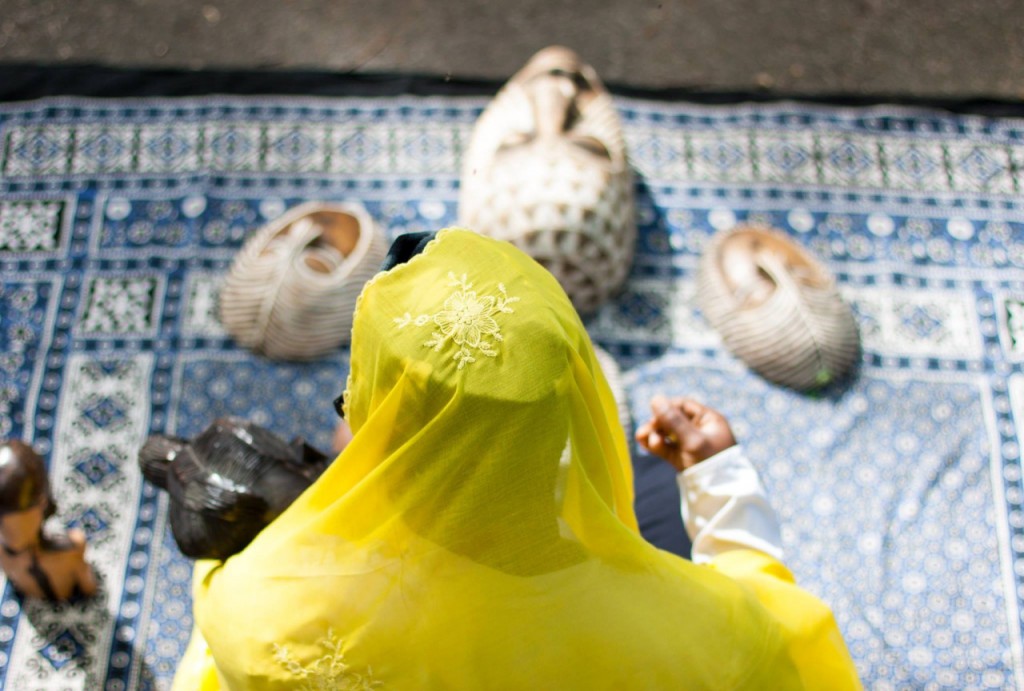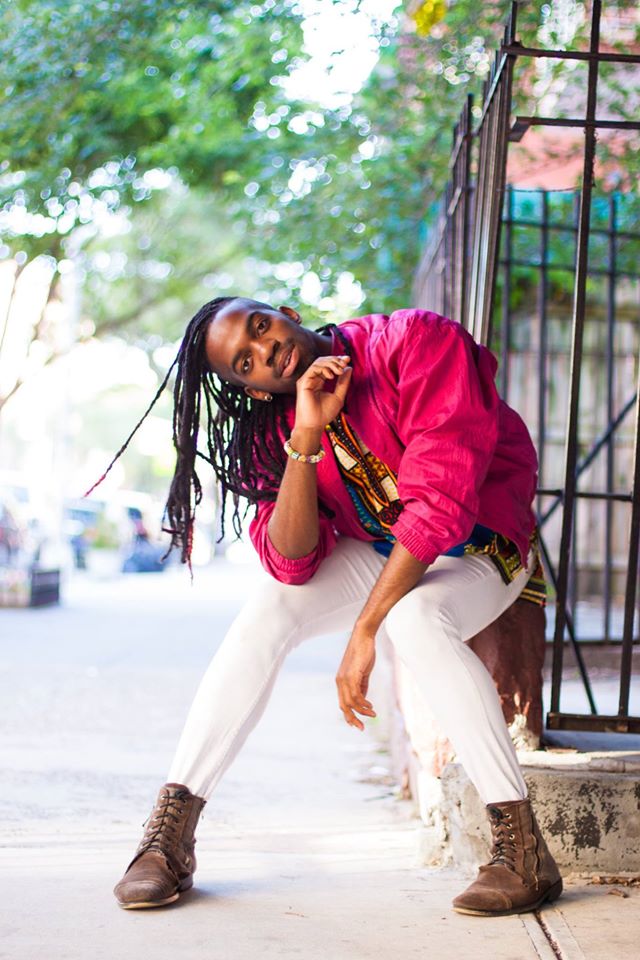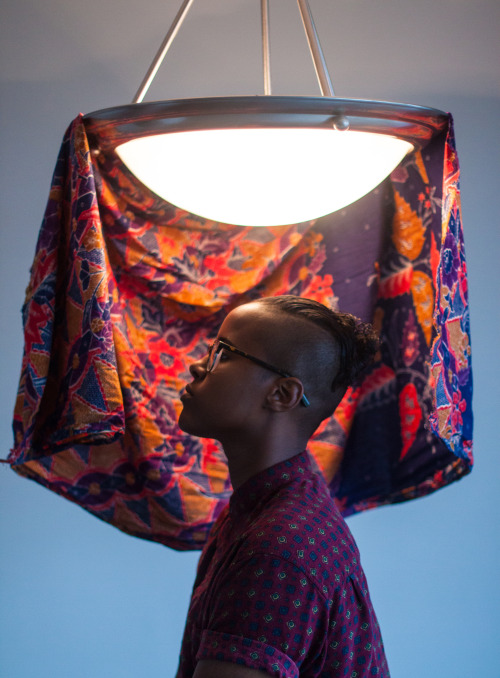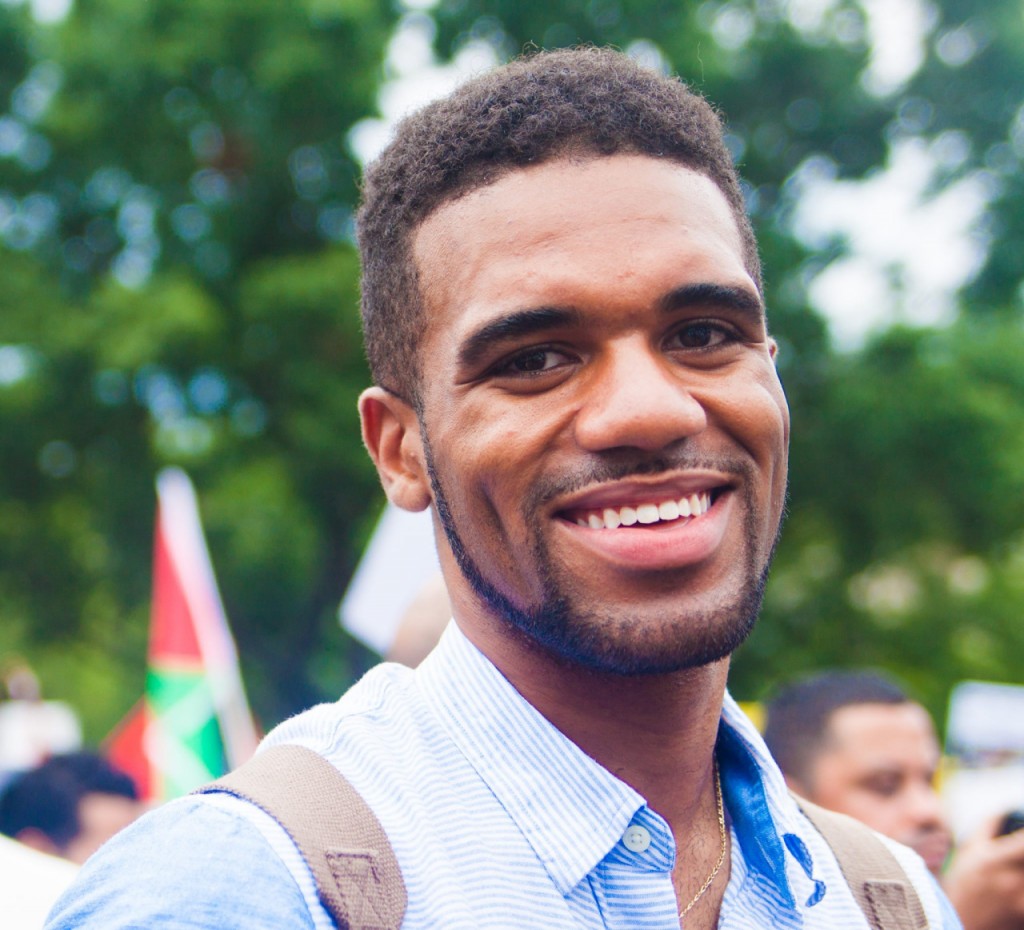In Conversation with
Mikael Owunna,
Founder of
Limit(less) Africans,
A Photo Documentary
Project Highlighting
Queer African
Experiences
in the Diaspora.
No stranger to hyphenated identities, and a globe trotter himself, photographer, writer, blogger, podcast host, Fulbright Scholar and activist Mikael Owunna is a man of many talents. He’s also the mind behind Limit(less), a multimedia project focused on documenting the multi-faceted experiences of first and second generation LGBTQ* Africans living in the Diaspora. The result is the creation of a highly empowering platform that is a stream of incredibly necessary visual and narrated representations of LGBTQ* Africans.
Can you tell us a little about yourself and how the Limit(less) project came about, including the significance behind the name and its grammatical structure?
My name is Mikael Owunna and I also go by my Igbo name Chukwuma or “Chuks” for short. I am queer, Nigerian, Swedish and American and grew up in Pittsburgh, Pennsylvania. I am a photographer and artist. Limit(less) was born first and foremost out of my own journey to understand and accept my own queer and Igbo identities. For much of my life I’ve felt varying degrees of shame over these aspects of my identity and also felt like I could not be “both” African and queer. The virulent homophobia I experienced growing up from other Africans and members of my own family in particular reinforced this for me in incredibly damaging ways. After being “outted” to my parents by another family member I was put through a series of exorcisms on two occasions when I visited Nigeria for Christmas. The shame I felt about my sexuality escalated to another level at that point along with my own feelings of being “pushed away” from all things Nigeria and Nigerian. I rejected all opportunities to learn Igbo. Rejected offers of traditional clothing and more. Living in diaspora exacerbated my rejection of my Igbo identity and all things related to the continent further.
It’s only now, years later that I’m starting to come to terms with all of these aspects of my identity. Limit(less) is a part of this process. Not only has it helped me realize that I am not alone as a queer African immigrant, but it has also shown me how other LGBTQ Africans so boldly live in their truths and synthesize these aspects of their identities which I’ve struggled so much with.
The name of the project is connected to this. There are ostensible “limits” placed on us and our lives as LGBTQ Africans due to the homophobia and transphobia we face both inside and outside of African communities. Despite this, many of us find “limitless” ways to express ourselves and live out full lives. Seeing how the participants in the project do this is a source of personal inspiration for me as I seek out what being “Limitless,” queer and African looks like for me as well.
Being both Queer and African, you are personally connected to this project, beyond it being your work. How important is representation to you in this way?
I feel personally very invested in the project for exactly the reason you have stated. Representation is just so crucial and I launched this project shortly after I came across Zanele Muholi’s Faces and Phases project at the Carnegie Museum of Art when I was back in Pittsburgh. Seeing that exhibit almost immediately reduced me to tears, as I had not seen any work on queer Africans up until that point in my life. There is so much power in seeing a mirror of yourself or someone similar to you, especially if you think you have felt alone for so long.
As I did research for my project I found more work by queer African photographers and artists, but very little focusing on our experiences in diaspora. I hope that Limit(less) can help fill some of that representational void so that other LGBTQ African immigrants don’t grow up feeling alone like I did.
Limit(less) focuses on the Queer African diaspora. In what ways, if any, do you feel that this project connects with continental Africa and the emerging and expanding global narratives coming from Africans around the world who are similarly seeking to redefine their identities and experiences (through art)?
Our experiences as LGBTQ Africans in diaspora are definitely different (depending on where we live, we have, for example, far more legal protections and rights than in many countries on the African continent) but are also inextricably connected to the experiences on the continent. Homophobia and transphobia in African immigrant communities can be just as bad as in their home countries, especially among first generation immigrants and older people. These communities also have influence “back home” if you will, sending remittances home and more, so we are all connected in one way or another. The work being done by LGBTQ activists on the continent and our work here are similarly connected. Redefining colonial notions of “Africanness” for ourselves and confronting homophobia and transphobia in the global community; all of this is crucial work in the ongoing struggle to decolonize the continent and African communities across the world.
Photography in Africa and the visual documentation of African lives began as something that was constructed through a colonial lens. Photography, visual representation and aesthetics are central to Limit(less). How did these themes and the multimedia documentation formats you make use of become the tools you chose to adopt for this project? Why photography?
Well the answer here may be more simple than one might think. Why photography? Because I’m an artist and photography is my primary medium that I’ve been working in for 6 years now. I do think that there is a special magic to photography, though, which is central to this project. For decades there has been this narrative that being LGBTQ is somehow “un-African,” and this is a legacy of damaging colonial conceptions of black African bodies. For me being able to create a visual that depicts LGBTQ Africans living boldly in their truths and synthesizing their African and LGBTQ identities in a single frame is a source of power that can help debunk this myth. The visual, coupled with the interview responses of the participants, is a powerful way of speaking truth to power against these empty, hateful remarks which erase our lived experiences as LGBTQ Africans.
What are some of the greatest triumphs, challenges or defining moments you’ve had so far during this project? How has Limit(less) evolved since you began?
I’ve been working on this project off and on for over a year and a half and it has been quite the journey. The first few months my biggest challenge was just “finding” people to participate. Up until that point I only knew one other LGBTQ African, my dear friend Odera who was one of the first participants in the project, so finding others took months of work. But once you find some LGBTQ Africans, you realize that the community is absolutely massive. In the US alone, there are at least 30,000 1st and 2nd generation LGBTQ African immigrants, so I was eventually able to overcome this hurdle and do 1-2 hour preliminary interviews with over 30 LGBTQ African immigrants. I learned so much from those conversations and felt community being built in each one as well which was very moving. After that my challenge was fighting myself. I kept telling myself that I “wasn’t ready,” that I “wasn’t good enough” to do this alone, that I need professional collaborators or it would be a disappointment. Self-doubt put the project in a holding pattern for a year. I kept reaching out to other people to help me make the project happen, and collaboration attempt after attempt fell through.
Eventually I realized that I needed to believe in my own talent and work if this was ever going to happen. I started shooting in May and just getting out there, believing in myself and creating has been exhilarating. After years of doubt and denial, I am finally embracing myself as a photographer and artist and my creative output is now the highest it has ever been in my life. Sometimes fighting yourself can be the hardest fight of all when doing an independent project and that was definitely been the case for me.
Defining moments? After a shoot when a participant told me that the shots captured exactly who she saw herself as and becoming in her life. That told me that I was doing something right with the project.
In terms of evolution, the project has changed so incredibly much. Originally I saw it being a sad, depressing video documentary about our tragic experiences that catered to the white gaze. Then I saw it as focusing on our relationships with our families and parents through photos, hand written notes and more. Then I saw it as being a literacy through photography project where I would give each participant a polaroid camera to document their lives. Eventually through my conversations with participants and other photographers I decided to focus the project on each participant themselves and their visual aesthetics in particular. Each shoot pushes my photography and has made me more intentional about storytelling as well. I’m excited to see where the project goes as it is still changing and evolving.
Currently, your project documents queer Africans living in the US. Are there any future plans to expand the project to other parts of the diaspora?
The project documents not just queer Africans but gender non-conforming and trans ones as well, but yep! I am leaving for Trinidad tomorrow actually to shoot 2 LGBTQ Africans there. I am hoping that the project will continue to grow and expand geographically as well. I would really love to shoot in Europe especially given how large the community is there especially in the UK, France, Netherlands and Germany. The project has been completely self funded to date, though, which is a major limiting factor on the geographic scope. Hopefully a big funder drops from the sky and funds a European expansion of the project! 😉
Are there any other Queer African artists whose work you’d recommend people familiarize themselves with?
Yep! There are lots of great Queer African artists who I’d recommend. Photographers and videographers include: Zanele Muholi, Selly Thiam, Sabelo Mlangeni and Rotimi Fani-Kayode. For illustrators, Odera Igbokwe is great and is a friend and participant in Limit(less). Also for great creative writing check out Davina Owombre who writes incredible short stories about queer African life.
>via: http://dynamicafrica.tumblr.com

